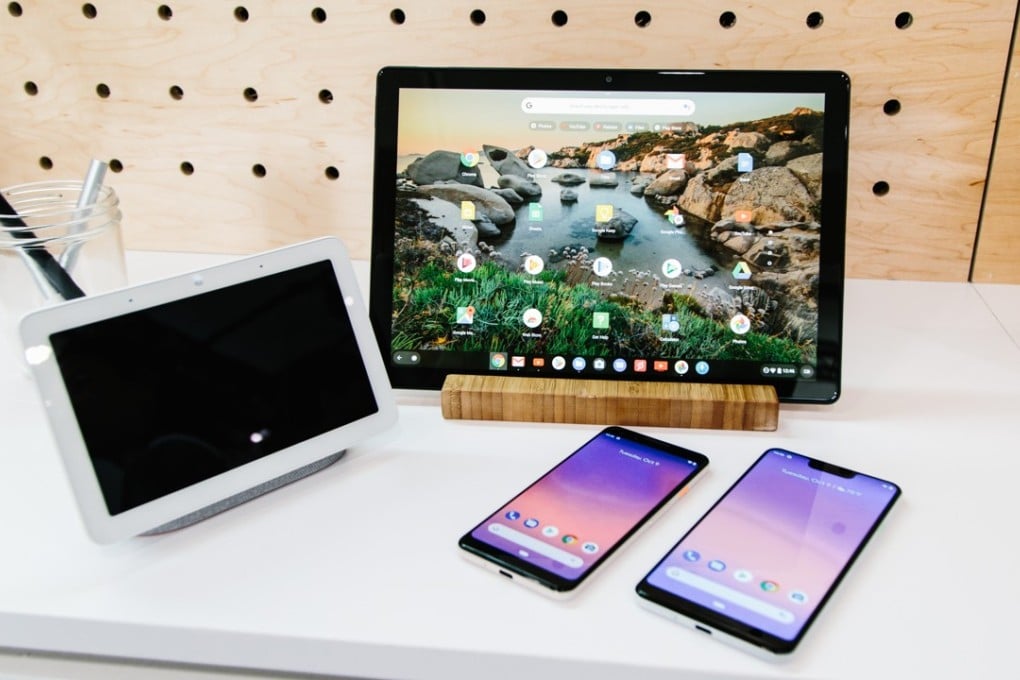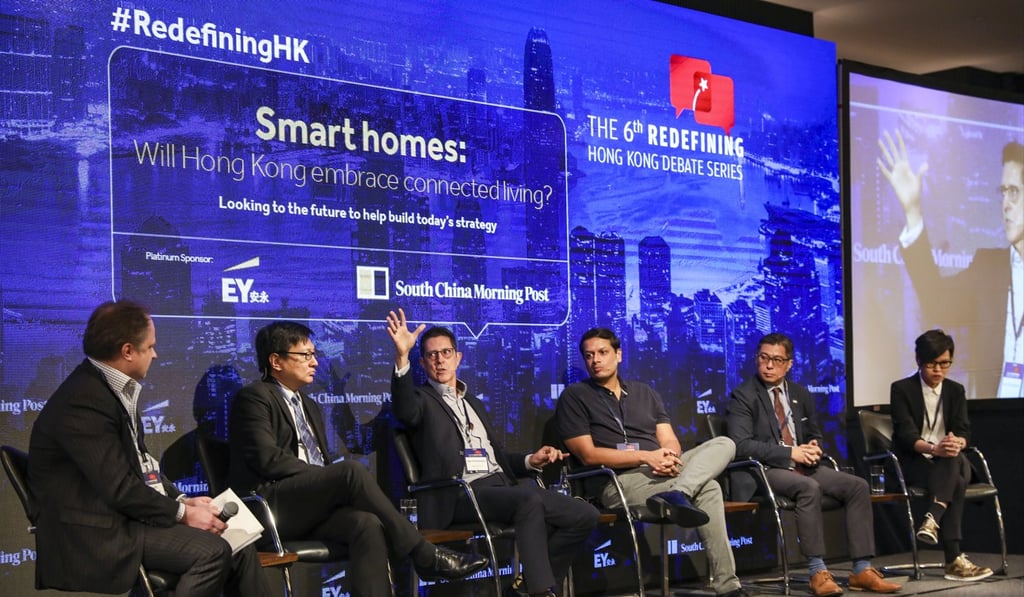Smart home and internet of things devices pose their own particular security risks, cybersecurity expert tells Hong Kong forum
- Data collected by smart home devices could be vulnerable to breaches, revealing sensitive information
- Opinion of speakers at smart home debate was divided about Hong Kong homes’ readiness for smart devices

Smart technologies in the home carry their own particular security risks, warned a cybersecurity expert in a debate on Hong Kong’s smart homes on Monday.
“There is a lot of personal data collected by internet of things (IoT) devices and smart home devices, even through the real world,” Ian Christofis, managing principal consultant with advanced solutions group, Thales eSecurity, said. “One major concern is how secure the devices are.”
The remarks were made during a panel discussion on smart homes, the latest session of the “Redefining Hong Kong Debate Series” organised by the South China Morning Post.
Cybersecurity has become a major concern in Hong Kong in the past week after the airline Cathay Pacific Airways disclosed a data breach of 9.4 million passengers seven months after its first discovery.
“We are seeing increasing incidents of large data breaches, Cathay Pacific being on top of the minds for all of us at the moment,” he said.

Christofis gave examples of collected personal data for connected living that could be hacked, such as feeds containing baby monitoring video footage for nursery and home activities.
[The major players] should be encrypting all the personal data on servers as a key point